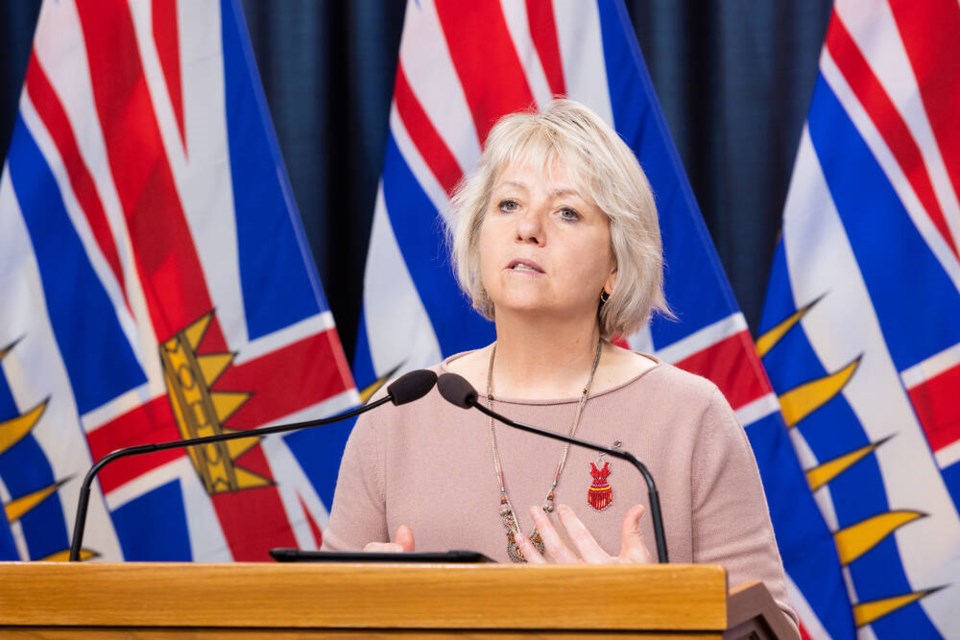Parents across the province are frustrated that vaccine mandates, now common in many worksites, do not apply to teachers.
While some school boards are still considering making vaccination a necessity for employment, many have declined. Among those that have refused to impose this requirement are several of the largest, including the Surrey, Vancouver and Abbotsford boards.
When pressed to clarify the situation, the provincial government has said, in effect, that its hands are tied. Education Minister Jennifer Whiteside noted that provincial health officer Dr. Bonnie Henry has declined to order such a mandate.
That prompted a sharp response from Henry, who pointed out that neither has she issued vaccination requirements for other worksites.
Those school boards that have opted out give two reasons. First, they note that vaccination rates among teachers are already very high.
The B.C. Teachers’ Federation estimates that province-wide, about 94 per cent of teachers have been vaccinated.
They also point out that most COVID school outbreaks have been traced to pupils, not to staff.
The second reason is that among those who refuse vaccination, feelings are already running high. If a mandate is imposed, it’s feared that some teachers will simply quit.
These are fair points to make. Yet they do not take full account of the issues at stake.
Henry might say she hasn’t ordered vaccine mandates at other worksites, yet that hardly squares with the many orders she has made.
At the beginning of the COVID outbreak, Henry ordered numerous businesses closed, including bars and nightclubs. Many small restaurants were also shuttered, and attendance at church services was banned. Live theatre performances were likewise suspended.
Again, while it’s true that some teaching staff might leave if vaccination is required, this step has already been taken in hospitals across the province.
Some 3,000 staff who refused vaccination have been sent home, and a pediatrician at Port Alberni had his hospital privileges withdrawn when he refused to be vaccinated.
Parents might wonder if a double standard is at work. Aren’t kids, who are required to attend school, entitled to equal protection?
Then there is the questionable wisdom of leaving it up to individual companies whether to require vaccination. Doesn’t that delegate public health policy-making to business owners who are in no way trained in these matters?
Put another way, given that vaccination is the key to ending the current outbreak and hopefully preventing a recurrence next year, does it make sense to adopt such a scattershot policy?
And that leads on to the crux of the matter. While several reasons are given by those who refuse vaccination, confused and at times contradictory messaging by governments plays a role.
The Canadian Medical Association says continually changing rules and inconsistent enforcement has left many Canadians frustrated with the way the COVID outbreak is being managed.
For example, if a child’s soccer coach in B.C. is required to be vaccinated, why is that same child’s phys-ed coach not required to do so?
During the ban on attending religious services in church, an exception was made for Alcoholics Anonymous meetings in those same facilities.
These inconsistencies have led some, erroneously no doubt, to conclude that if the science is unclear, why should they comply with vaccine mandates?
Now a fair reply would be that this is a new disease with which the health-care system had no prior experience. In addition, the virus has mutated through several variants, some more infectious than others.
In those circumstances, it was inevitable that a degree of trial and error would emerge. Finding reason in this reality to refuse vaccination is perverse.
Nevertheless, as things stand, we are well on the way to a patchwork of vaccination practices that will further encourage suspicion and doubt.
Henry would do well to reconsider the wisdom of standing aside and letting this happen.



